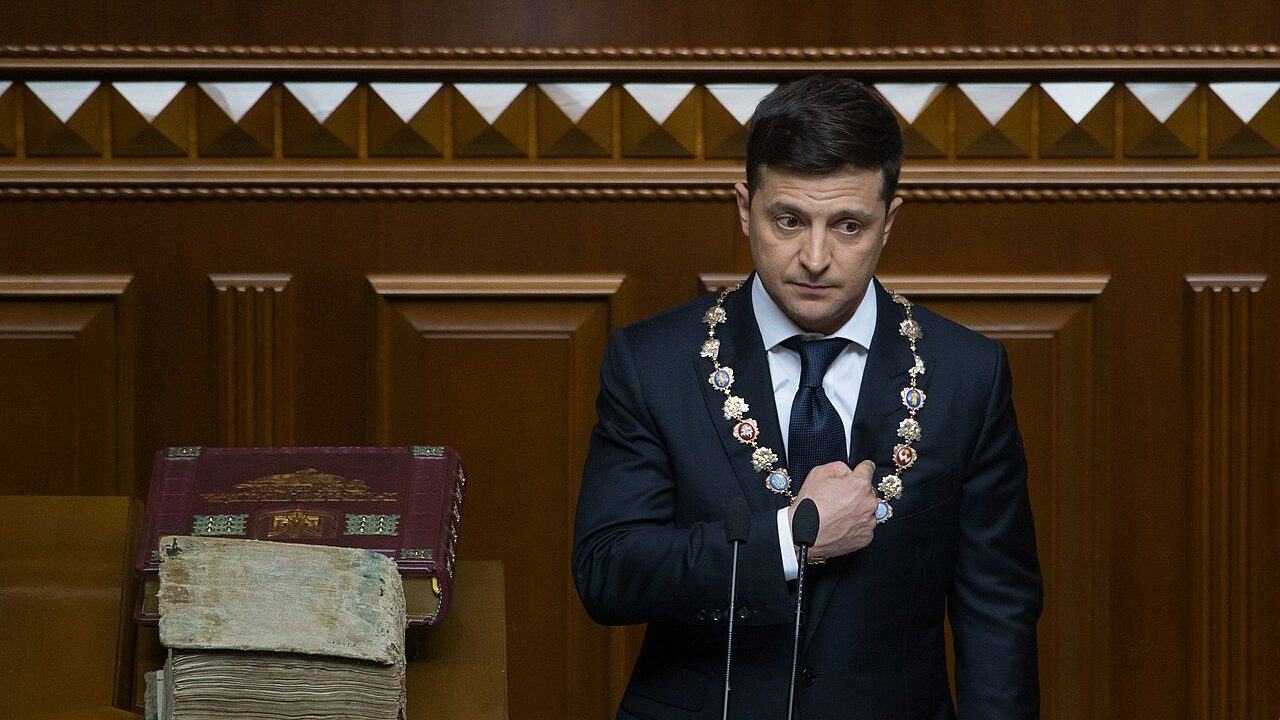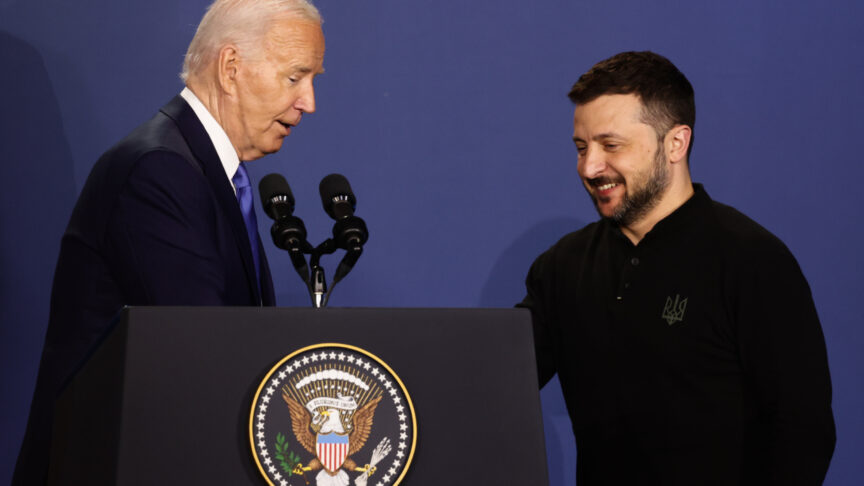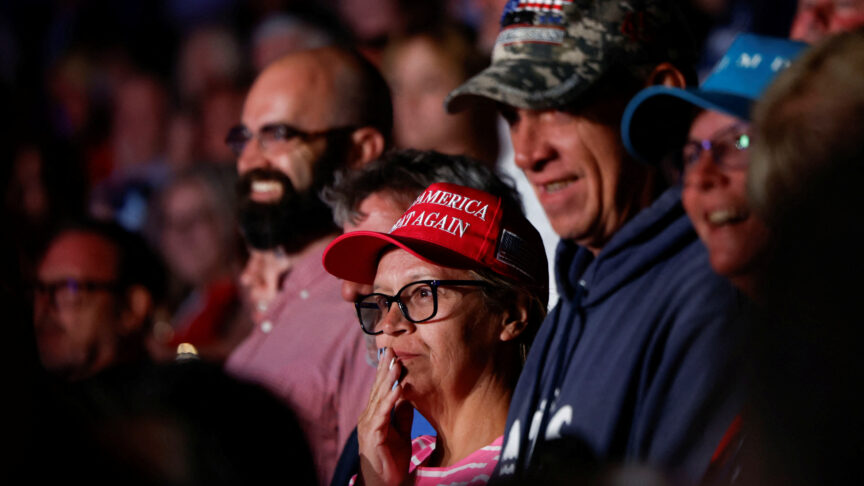War and hate: Lessons for the Balkans from the invasion of Ukraine
Ukraine’s leaders have been careful not to organise the war effort around hatred of Russians. Societies recover much faster from war than from hate
Two of the scariest moments in the week that Russia attacked Ukraine were the speeches given by President Vladimir Putin on 21 February and 24 February. He indulged in the usual arguments that go with wars of aggression about how attack is defence, invasion is prevention, and aggressors are victims. But there was also something that made his statements much more menacing – and that showed his meaning much better – than the words themselves. This was the genuine, passionate hatred and contempt Putin showed for Ukraine and its people.
There was nothing artificial there. He was dehumanising Ukrainians, denying Ukraine’s right to exist, and reminding anyone who might come to their aid that Russia was willing to use its nuclear weapons. The dehumanisation of the enemy is a textbook method for encouraging soldiers to indiscriminately kill people in the countries they invade. This, more than anything else, showed the true meaning of the three objectives Putin set out: demilitarisation, denazification, and stabilisation. In this context, demilitarisation means stripping Ukraine of all means to defend itself, including its independence and territorial integrity; denazification means killing Ukraine’s democratically elected president and other members of the government; and stabilisation means installing a puppet regime under Russia’s control.
It should come as no surprise that it was an African leader – Martin Kimani, Kenya’s permanent representative to the United Nations – who best recognised Putin’s war for what it was. Instead of approaching it as an issue of security, nationalism, energy, economics, or rivalry with the West, Kimani explained it in terms of neo-colonialism. The war is one of many attempts to stoke “the embers of dead empires” and to recolonise a former dependent, as he put it. In the disdain and hatred Putin showed in his speech, African and African-American leaders and analysts recognised the emotions that fuel racism – providing further evidence that racism is caused by delusions of supremacy rather than racial differences. This is not to say that all other considerations – such as security and economic concerns – are irrelevant. But the core mission of the invasion is the recolonisation of Ukraine.
In the days and nights after Putin brought all-out war to the country, Ukrainians have taught the world many things. They have demonstrated the importance of true leadership, especially in times of crisis. Steady, confident, involved, and hands-on leadership by Ukrainian President Volodymyr Zelensky has not only mobilised and inspired his own people. In less than a week, it has helped unify the European Union and prompted Germany to change its decades-long defence policy by raising its defence spending to more than 2 per cent of GDP – an issue on which, for years, Berlin refused to budge despite all the threats and insults from then US president Donald Trump.
Through personal integrity in the most trying of times, Zelensky has changed politics in Europe
Zelensky’s leadership has also played a major role in Western powers’ decision to impose sanctions that will hurt them but have isolated Russia and could easily crater the Russian economy; prompted non-NATO Sweden and Finland to send military equipment to Ukraine; persuaded fanatically neutral Switzerland to freeze Russian assets; and given the twenty-first century a new hero. Through personal integrity in the most trying of times, Zelensky has changed politics in Europe.
The war has also shown the importance of facing reality as it is. There is no hope for authoritarian regimes – they cannot avoid the psychosis known as “the personality cult” that destroys their state institutions and damages society. Such cults prevent the leader from understanding and relating to reality. Putin seems to have expected Ukrainians to either welcome or surrender to Russian forces – resulting in a quick and successful operation. This shows that he failed to understand not only Ukraine but also his own army, particularly its readiness and its motivation to fight a war without an enemy.
The conflict is far from over: the Russian military will likely commit more atrocities before it ends. I only hope it will end soon, with a negotiated peace, an independent and democratic Ukraine, and an opportunity for the Russian people to rejoin the world. But, regardless of what happens, these lessons and effects are here to stay.
The war could have dangerous long-term consequences for the whole world, as is particularly clear in the Western Balkans. This region of south-eastern Europe is home to some of Putin’s staunchest supporters. The Serb leader in Bosnia and Herzegovina, Milorad Dodik; the political leadership in Serbia; and the Democratic Front party in Montenegro continue to be Putin’s sidekicks. But, now, they not only threaten Europe with instability on its borders but also support his invasion of Ukraine. The Serbian leadership likes to equate the Russian bombing of Ukraine with the NATO bombing of Serbia in 1999. This would be sad if it wasn’t so offensive to Ukraine, to the victims of that earlier conflict, and to common sense. The NATO operation came after the Milosevic regime had already started a short war in Slovenia, a long and devastating war in Croatia, and an even longer genocidal war in Bosnia and Herzegovina. It was the regime’s fourth war in ten years, after it subjected ethnic Albanians in Kosovo to a form of apartheid and forced around half of the country’s population to flee its brutal campaign of ethnic cleansing. Those conflicts were also driven by dehumanising hatred.
People in the Balkans have something else to learn from Ukraine – as does the entire world. Despite the extreme danger they are in, Ukrainian leaders have not drawn on hatred to mobilise their people and give them courage. They have made a point of fighting not the Russian people but Putin’s policies and aggression. They have established a hotline for parents of Russian soldiers who themselves did not know where they were going. They publicised the detention of a 19-year-old Russian soldier whose Ukrainian captors provided him with a phone to call his mother. They are sending the message that they do not see the Russian people as the enemy. Even in the fog of war, Ukraine’s leaders seem to be mindful of their society in the future. They do not use hate as a weapon because they understand that, eventually, this would be most damaging to Ukraine itself. Societies recover much faster from war than from hate.
Experience teaches us that compassion, especially in times of war and great disasters, has a tragically short shelf-life. As the war becomes more brutal and Russian forces attack with their full might, the distinction between Russian boy-soldiers and Putin’s regime may begin to blur in the eyes of the Ukrainians. But neither they nor we should forget this lesson of the first days of Ukrainian resistance. Whatever happens, in the end, Ukrainians will need to rebuild their society. And for that they will need the legacy of resilience without hatred.
The European Council on Foreign Relations does not take collective positions. ECFR publications only represent the views of their individual authors.



